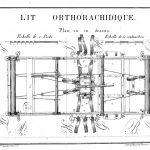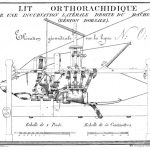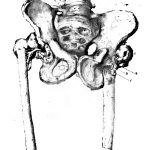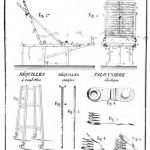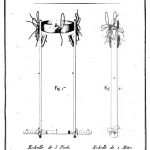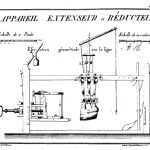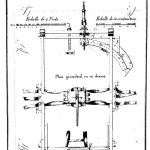Tag: orthopaedics
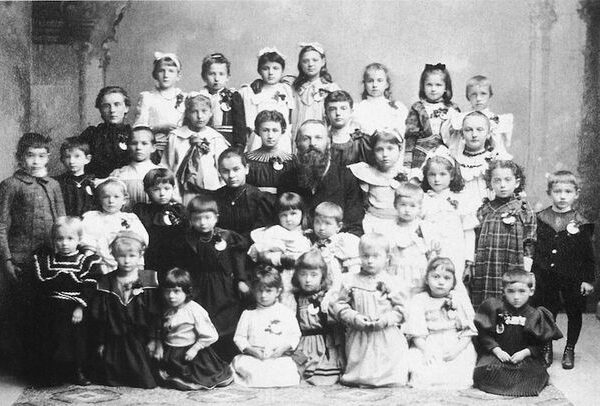
The Bloodless Surgeon of Vienna
Adolf Lorenz was born in rural Austrian Silesia in 1854. His father was a harness maker and innkeeper. A smart boy, Lorenz was able to attend high school through the financial support of his uncle, a monk, and later self funded through his own tutoring. He graduated from the medical …
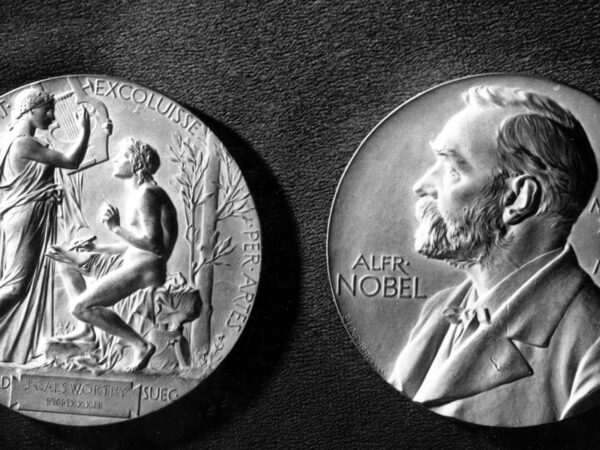
A Nobel Prize for Physiotherapy?
The following story is a summary of an article by Nils Hanson and Anders Ottosson, titled ‘Nobel Prize for Physical Therapy? Rise, Fall, and Revival of Medical-Mechanical Institutes’. In his will of 1895, the Swedish innovator Alfred Nobel stipulated that of five yearly prizes, one should go to the person, …
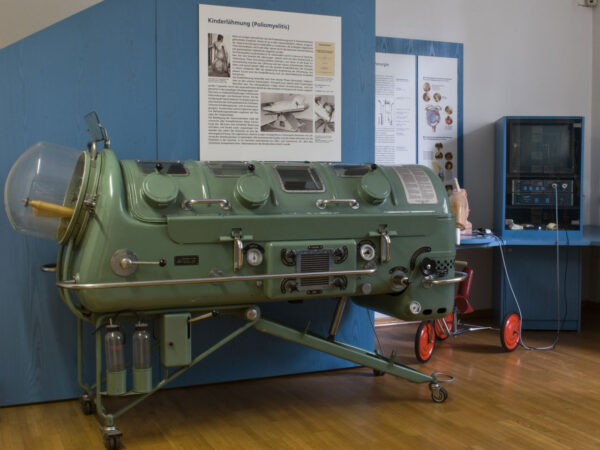
Locating Objects from Physiotherapy History
There are different ways to learn about (physiotherapy) history as a wide variety of sources answer questions about the past. Historians differentiate between primary sources, i.e. sources that have survived from the past, and secondary sources, i.e. accounts of the past that are written at a later period of time. …
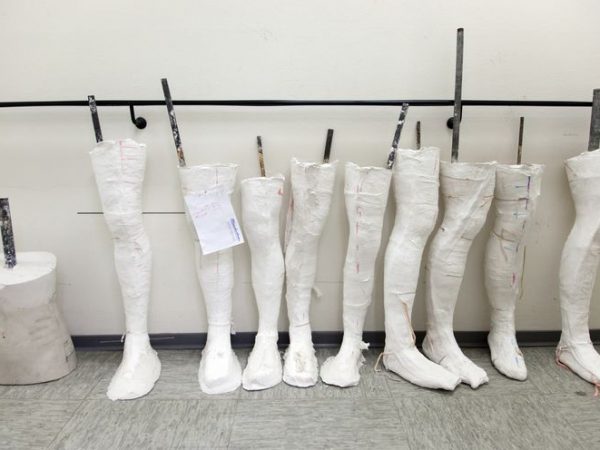
Plaster of Paris
Immobilisation of injured limbs has been performed for thousands of years and starch-based casts were the standard treatment, with only minor changes, until the beginning of the 19th century. Many centuries before it was introduced as a cast material, Plaster of Paris (PoP)* was well known as a building material. Egyptians …
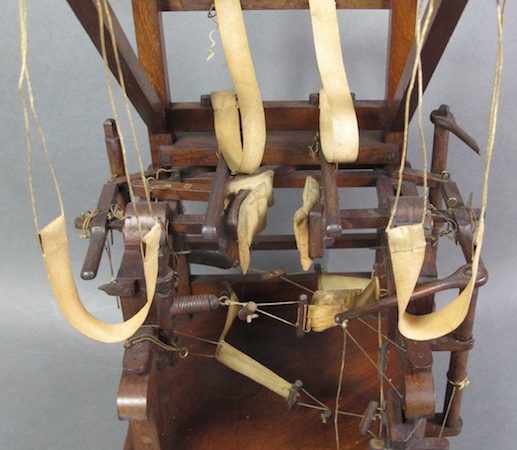
François Humbert – a pioneer of 19th century orthopaedics
Last week I had a series of email conversations with Axelle Mokry (www.senselab.ch), a Swiss physiotherapist who has for some time now been part of an association looking to research the work of French doctor François Humbert, who created the first orthopedic centre of France in 1817. Unlike many academics …

